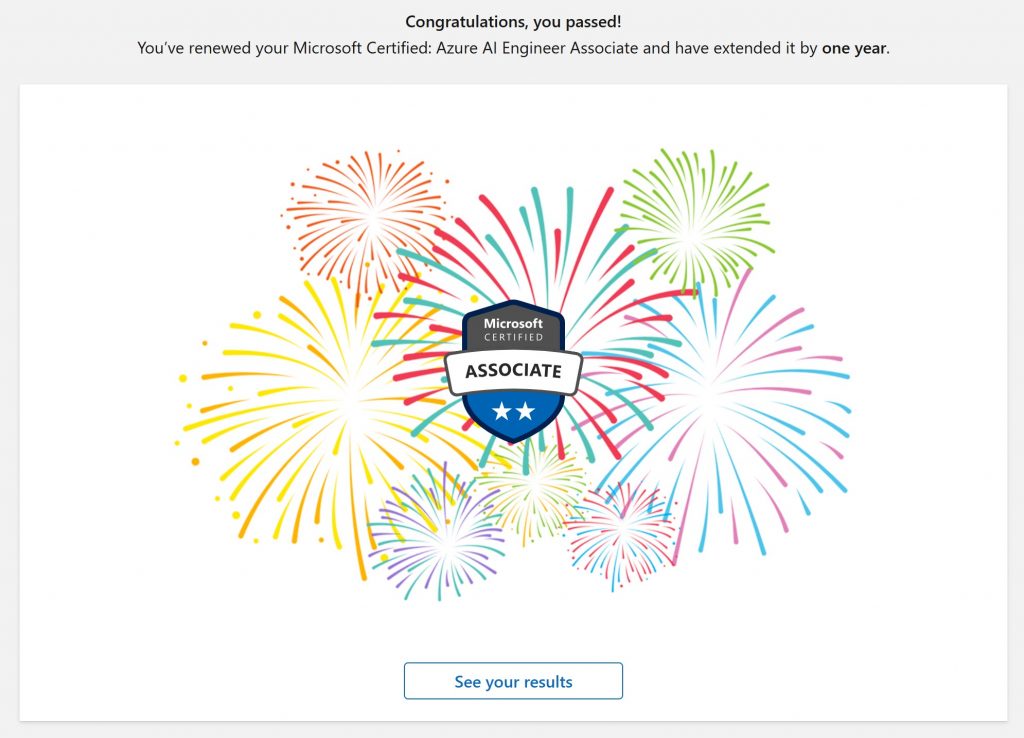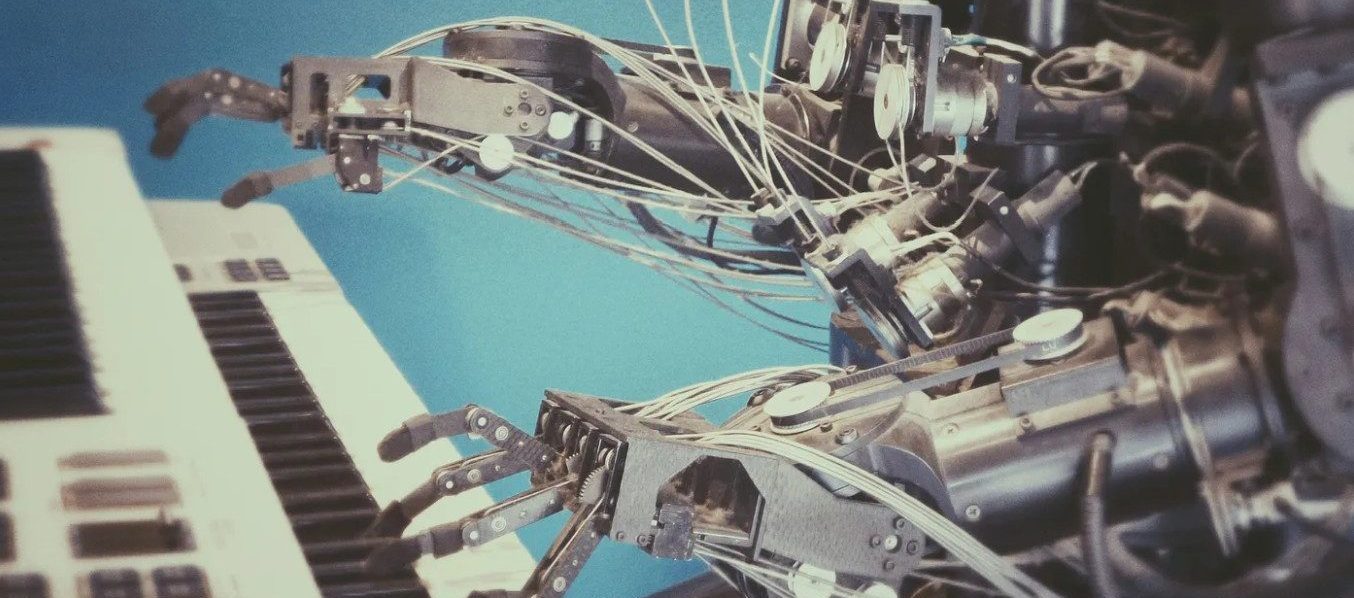The Role Everyone Will Be Talking About in the Next 5 Years
“CEOs are literally begging to hire anyone with this one skill.”
– Medium, July 2024
In a business world increasingly powered by intelligent systems, the demand for professionals who can combine AI expertise with real-world automation is skyrocketing. Enter the AI Automation Engineer—a role that’s quickly becoming essential as companies seek to move beyond just building models toward operationalizing them into end-to-end solutions.
This trend isn’t just hype. It’s already reshaping hiring priorities in industries ranging from healthcare to finance to manufacturing. And it’s why I recently renewed my Microsoft Certified: Azure AI Engineer Associate certification—for me, not just a badge, but a statement of readiness for the future of intelligent automation.
Why This Role Is Emerging Now
Over the past decade, we’ve seen the explosion of tools that allow organizations to gain insights from data. But now, the game is shifting. It’s not just about analyzing—it’s about acting automatically on those insights.
The AI Automation Engineer is uniquely positioned to:
- Design, build, and deploy AI-powered solutions using tools like Azure Machine Learning and Cognitive Services.
- Orchestrate intelligent workflows across cloud platforms using services such as Logic Apps, Azure Functions, or Power Automate.
- Integrate AI into everyday business processes—chatbots, document processing, anomaly detection, forecasting, and more.
- Ensure these systems are secure, ethical, and scalable.
These capabilities are at the core of the Azure AI Engineer Associate certification, which I renewed this month. The certification process not only reinforced my knowledge in model deployment and responsible AI but also deepened my skills in integrating AI into production-ready automation—a key differentiator in today’s AI-driven world.
AI Meets Automation: Where My Certification Comes In
As someone certified in building end-to-end AI solutions on Microsoft Azure, I see firsthand how powerful it is to pair machine learning models with automated cloud services. Through Azure’s suite—including Cognitive Services, Azure ML, and AI Studio—we’re not just training models. We’re embedding intelligence into processes that scale across departments and use cases.
Here’s where my work, underpinned by my certification, directly aligns with the emerging AI Automation Engineer role:
- ✅ Designing intelligent document understanding workflows using Form Recognizer and Power Automate
- ✅ Building and deploying custom models with Azure ML and integrating them via REST APIs
- ✅ Applying responsible AI principles—fairness, interpretability, and privacy—throughout the automation lifecycle

What used to be isolated tasks in silos—data science here, RPA there—is now becoming a unified, intelligent ecosystem, and those who understand how to connect these dots will lead the transformation.
The Future of Work is Automated—and Intelligent
The Medium article that sparked this reflection is right: we’re entering an era where the most sought-after professionals are those who can combine AI fluency with process optimization.
But this isn’t just about having technical know-how—it’s about using AI responsibly, creatively, and effectively in business settings. That’s what the Azure AI Engineer Associate certification signifies: a proven ability to bridge the gap between AI theory and business impact.
And this role isn’t going away. If anything, it’s evolving:
- Into AI copilots that assist every role in an organization,
- Into self-healing systems that can predict and fix issues before they escalate,
- Into automated decision engines that run 24/7 with accountability and context-awareness.
Final Thoughts: Let’s Build the Future, Intelligently
I’m excited to continue growing in this space and helping organizations unlock the full potential of AI + automation. Whether through training, workshops, or hands-on solution building, my goal remains the same: to make AI practical, accessible, and impactful.
The certification I hold isn’t just a checkbox—it’s a foundation for this mission. And I’m looking forward to building with others who share the same passion.

